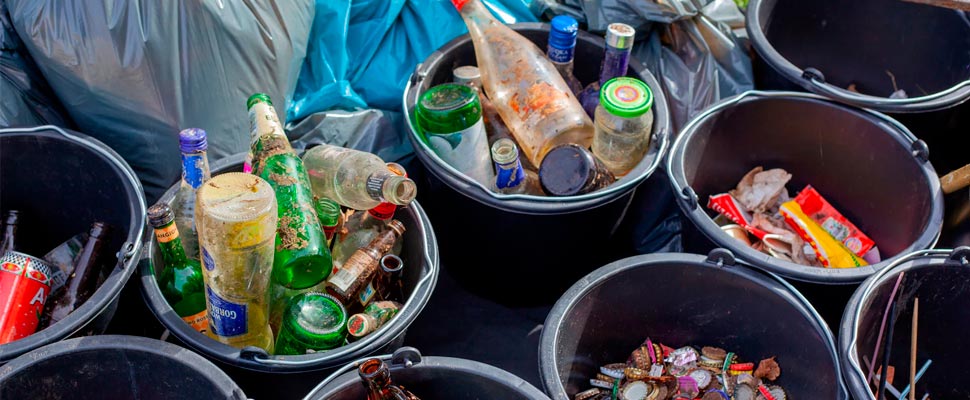The importance of recycling in Latin America during the pandemic
Although we spend more and more time in our homes, the environment can also be taken care of during confinement .

It is important to start generating recycling habits in the regions of Latin America. / Photo: Unsplash
LatinAmerican Post | Ariel Cipolla
Listen to this article
Leer en español: La importancia del reciclaje en América Latina durante la pandemia
The isolation that was generated as a result of the coronavirus caused changes in consumption habits, although many of them are also related to the environment . Recently, we saw that the Infobae media commented that a program was launched in Chile to facilitate recycling from home, in order to increase the collection rate.
Also, regarding activity, we observe that the collection rate in Latin America is really key. The specialized environment Ambientum highlights that two million people dedicate themselves to these tasks informally, being a continent where reuse is key, since only 10% of the waste generated goes through this process.
Knowing that we are going through an atypical situation, we decided to find out what is the role of recycling at this time, especially in Latin America, since the confinement forced different countries to suspend programs to improve environmental conditions.
The role of recycling in times of pandemic
When we talk about a pandemic, the first thing that comes to mind is health. Logically, COVID-19 implies a danger to people's lives, especially those that are part of the risk group. For example, the news outlet highlights that the Centers for Disease Control and Prevention in the United States added pregnant women as people "more likely to become seriously ill."
However, health can also be affected from other areas, such as the economy. Throughout the world, economic activity was paralyzed due to the inability to work in many sectors, especially those that must be done outdoors and with a large number of people around, as this would increase the possibility of contagion.
So, while many organizations cannot operate due to the risk of contagion, that does not mean that people cannot do it “at home”. Even the El País newspaper highlights that the period of confinement “suits recycling well” , since some 2.5 million citizens acquired good habits during this time.
The problem is that not all governments recognize the vital role that recycling has in the midst of the pandemic. As La Nación mentions, human activities are "catastrophically modifying the planet" and generating serious consequences for the well-being of humanity, so it is vital that recycling services are considered "essential", even at this very atypical moment.
Also read: Single-use plastics vs. Coronavirus
For example, in Argentina today there are more than 2,000 open-air dumps that are made up of 50% recyclable material, such as plastic or paper. The possibility of using technology to convert this organic material into a utility is a reality since it can be converted into biofertilizers and even produce food.
In addition, we see that all societies that recycle have a series of benefits. In this sense, we see that the Huffington Post media highlights that there is less energy expenditure, more jobs are created or new products are created, something that could be transcendental at a time when the economy tends to contract, due to the impossibility of working in a traditional way.
The goal of "zero waste" implies that people can develop habits of conscience since governments can promote different recycling plans. For example, the website of La República mentioned that Latin America is "the region least committed to this activity", so the fact of facing a health crisis can increase citizen responsibility for this problem, much more if we consider that 2030 is the cut-off year to halt the effects of climate change.




